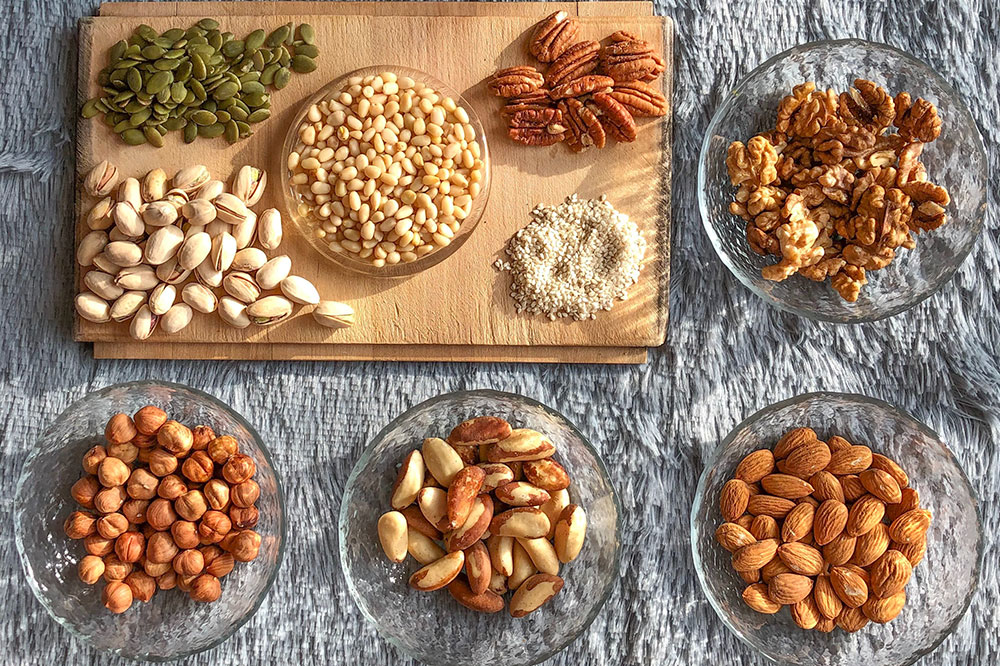
5 foods that aggravate Crohn’s disease symptoms
Only patients with Crohn’s disease know how disturbing a flare-up can be. Symptoms including cramping, diarrhea, and stomach ache can make one feel so miserable that all their plans can get spoiled. One frequently asked question is whether food habits play a vital role in adding to such flare-ups. While a bowl of ice cream or a burger may not cause inflammation, specific food choices can worsen the situation if the symptoms are active.
Foods to avoid for Crohn’s
Not much research has been done on the relation between Crohn’s disease and dietary habits. Besides, the reactions to different foods vary from person to person. Consequently, there’s no fixed dietary regime exclusively devoted to those with Crohn’s. Specific suspects exist dod exist though, which doctors recommend avoiding when one’s gut health is not that good. Here is a list of a few foods which must be avoided during Crohn’s disease flare-ups:
Whole grains and beans
Foods prepared from whole grains like whole-wheat pasta, whole-grain bread, bran, and popcorn contain a lot of fiber, causing traffic through the digestive tract. These foods can cause a lot of irritation in someone undergoing a flare-up. Usually, beans tend to be highly nutritious for the body. But for someone experiencing the symptoms of Crohn’s disease, the same healthy food can cause gastritis due to its high fiber content.
High-fiber fruits and vegetables
Most people with Crohn’s disease feel they cannot have veggies and fruits. But such a thought is far from the truth. The only time they need to be careful is during a flare-up. Having cooked vegetables is better than raw options to ease digestion. Besides, ensure the chosen vegetables and seeds do not have their seeds and skins intact. The fruits taken should be lighter, like craned pears or bananas, instead of apples or raspberries, which are known for their high fiber content and acidic properties.
Seeds and nuts
These foods are hard on the stomach due to their sharp edges that can irritate the gastrointestinal tract lining. However, Crohn’s disease patients can sometimes endure ground nuts and seeds. So, it would be better if sesame tahini and smooth peanut butter were given a try by such patients. Otherwise, one will likely miss out on some essential nutrients.
Caffeine-rich beverages
Caffeinated drinks tend to generate or increase the wave-like movement of the gastrointestinal tract. This reaction propels the waste materials inside the stomach to go out of the system. For those with Crohn’s disease suffering from diarrhea along with a flare-up, caffeine can prove to be one of the prime enemies.
Foods with sweeteners
Drinks containing excess sugars, including lemonade, fruit juice, and soda, can further accelerate diarrhea when a Crohn’s disease patient is experiencing a flare-up. Sugar substitutes can also cause issues during active symptoms. These substitutes are added to sugarless candy, gum, and specific drinks. They are found by the name of maltitol, sorbitol, and xylitol, as mentioned on the food labels. Most patients can digest such sweeteners. Consequently, they must bear the perils of issues like acidity, diarrhea, and bloating.
Not every patient with Crohn’s disease is triggered by the same foods. Consequently, some sleuthing is required to comprehend what works for a particular meal plan for individuals. The best solution is to keep a food journal comprising the name of foods eaten in a day and whether any symptoms were triggered after a meal or not. This will help the patients understand the foods that make their stomachs unhappy. When there are no symptoms, the patients must have a balanced diet, as skipping healthy foods like veggies, beans, or whole grains can cause a deficiency in vital nutrients. No doubt that managing a life-long disease like Crohn’s is exceptionally challenging. However, with the proper guidance from an adequately qualified dietician, the perils of flare-ups can be sufficiently reduced.


